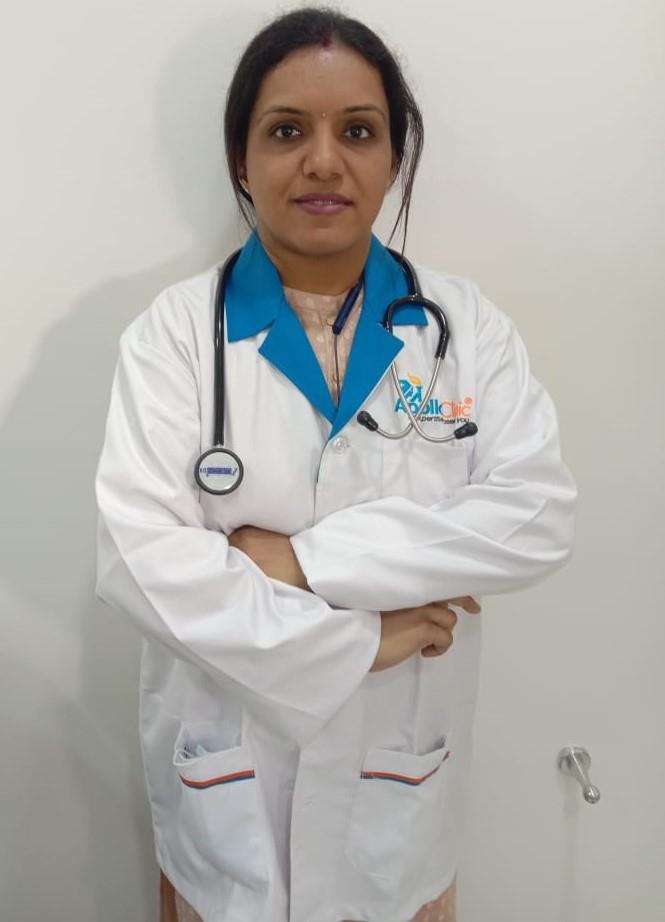Best Doctors for Parkinsons Disease in Indore
Parkinson’s disease is a chronic, progressive neurodegenerative disorder that primarily affects the motor system – the part of the central nervous system that controls movement. The disease is caused by a loss of brain cells in a region called the substantia nigra, which produces dopamine, a neurotransmitter involved in controlling movement and coordination. The exact cause of these cell deaths remains a mystery, but genetic and environmental factors are believed to play a part.
In Indore, Parkinson’s disease is a prevalent health concern. Thanks to advances in healthcare and an increased focus on neurological disorders, the city now boasts a sizeable network of skilled Parkinson’s disease specialists and doctors ready to address these challenges. This includes doctors at Apollo Hospitals, where the best Parkinson’s disease treatment doctors provide comprehensive patient care.






 Call Now
Call Now




